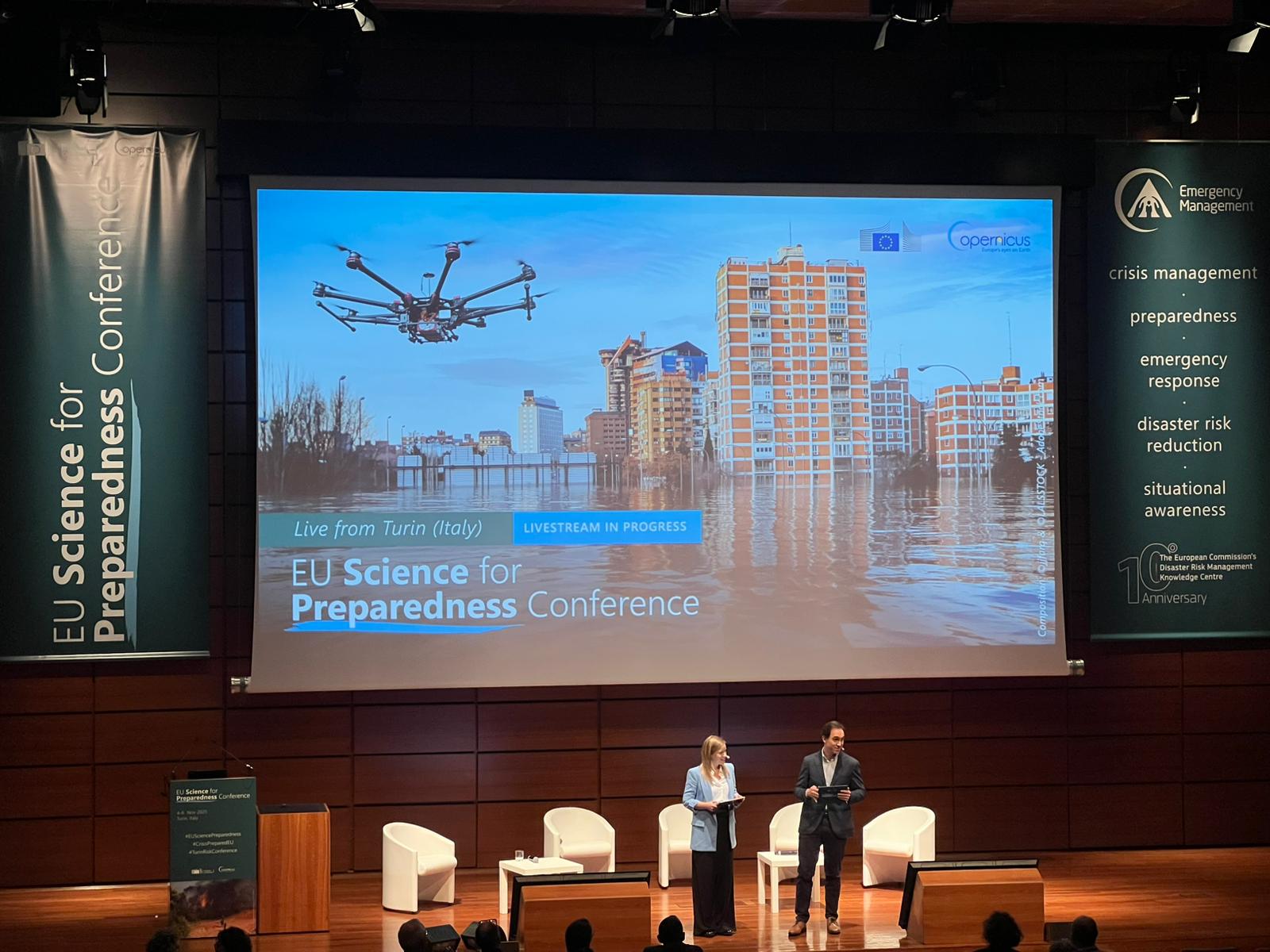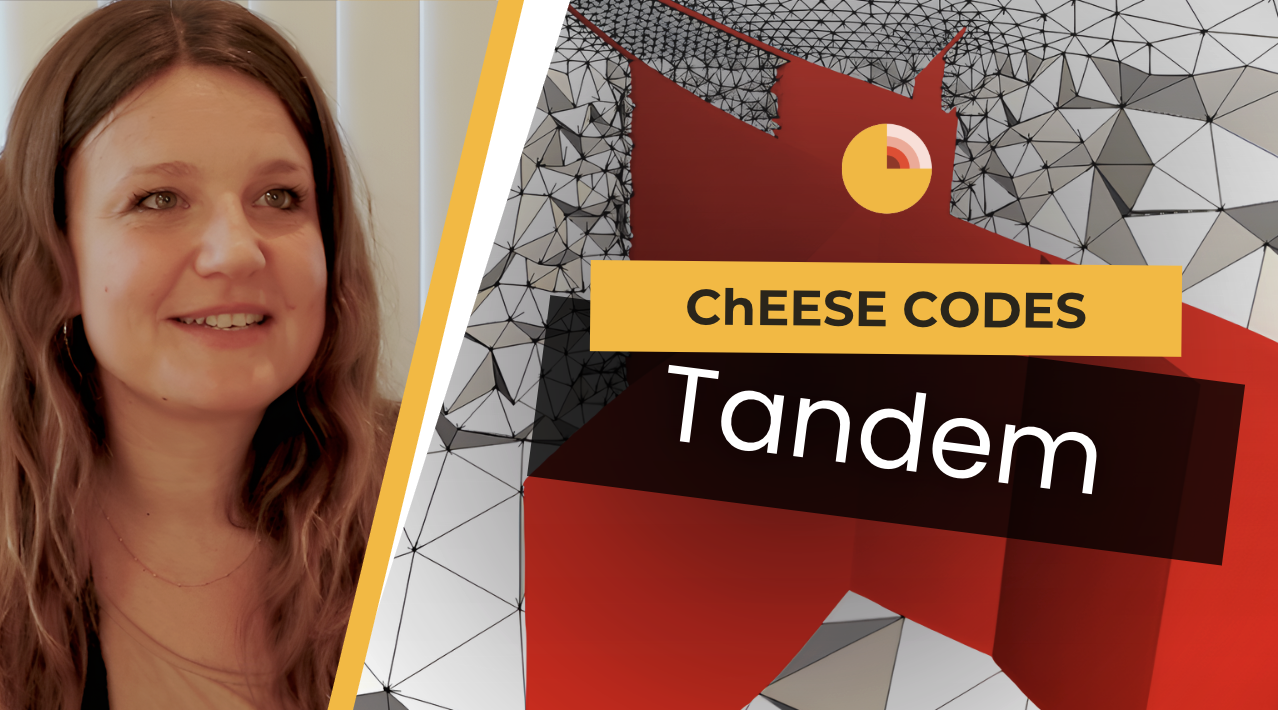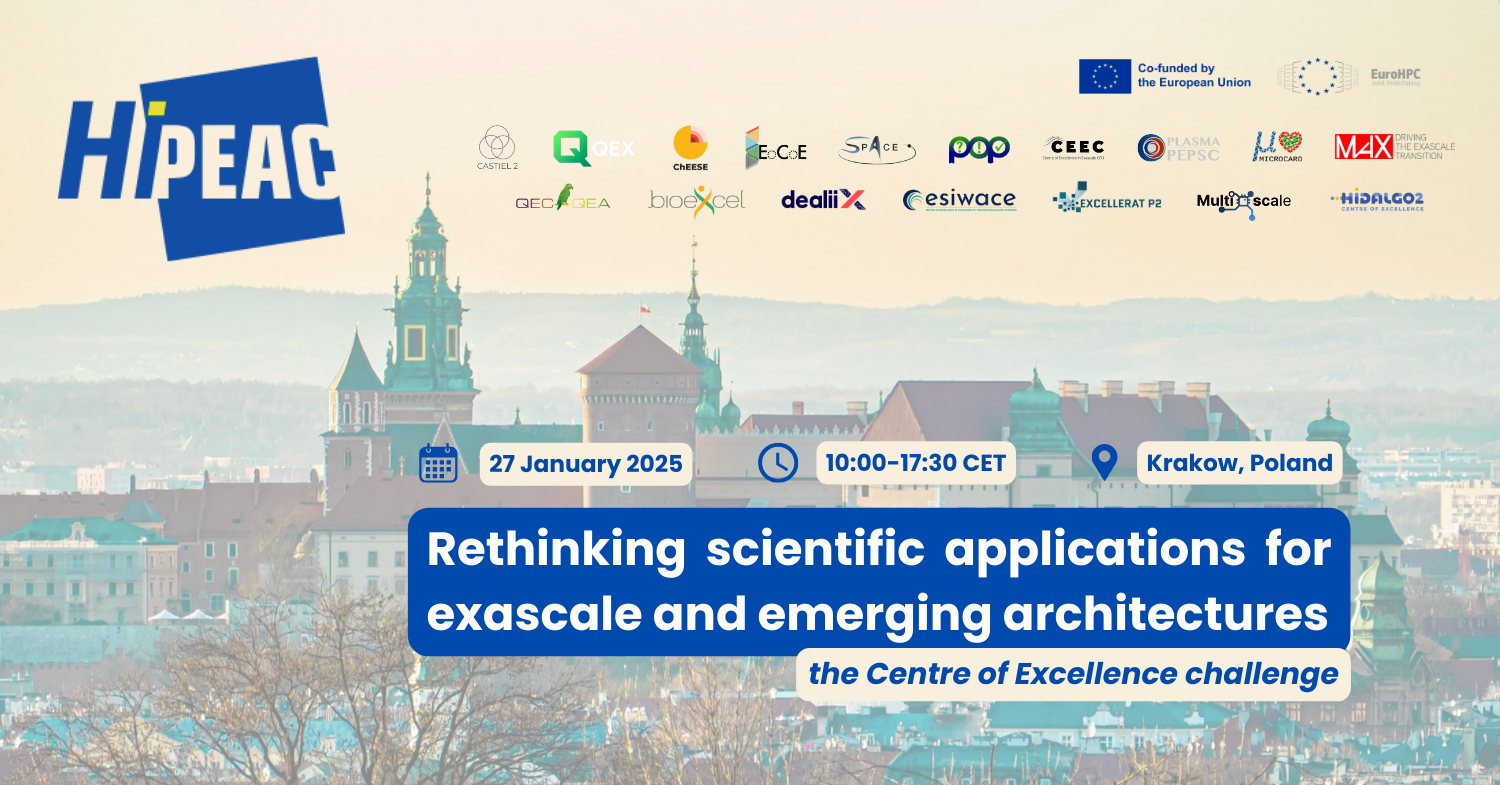Elmer/Ice is an open-source code built on the Elmer platform and developed for simulating glaciers and ice sheets. It can solve the full 3D Stokes equations for ice flow or use faster simplified models like the Shallow Ice (SIA) and Shallow Shelf (SSA) approximations, making it flexible for both small glaciers and large ice sheets.
The model includes tools to represent realistic ice physics, from crystal anisotropy to basal sliding and water pressure effects. It can also track key variables such as ice age, stress, and temperature, and use inverse methods to estimate hard-to-measure parameters like basal friction.
Elmer/Ice is efficient on parallel computers and has been widely tested in community benchmarks. It is used in studies from individual glacier dynamics to Greenland-scale projections and is often coupled with ocean and climate models, making it a key resource in understanding sea-level rise.
Relevant Information
Elmer/Ice in Scopus: Documents by year
No Data Found
By Subject
No Data Found
By Country
No Data Found
To Know More
Documentation
For further information, please visit the ELMER/ICE Official Website. or ELMER general documentation. You can also consult ELMER/ICE documentation and Official Wiki
Developers
Elmer is developed and maintained mainly at CSC – IT Center for Science (CSC). CSC is a non-profit governmental organization owned by the Ministry of Education and Culture in Finland. Elmer is mainly used as a collaborative tool in academic research. There are also a number of other developers who have or are contributing to Elmer development.
License
Elmer is a finite element code published under open source licensing. Elmer was first licensed under GPL (GNU General Public License, v. 2.1) license in 2008. Since 2012 the ElmerSolver library has been published under LGPL license (GNU Lesser General Public License, v. 2.0).
This LGPL license grants more freedom on how to distribute modules (solver and user functions) that utilize the main library. Even if they are linked with the Elmer library (usually using the “elmerf90” script), they no longer need to be distributed under an open source license as LGPL does not have a viral effect when it is used as a library.
The code under LGPL license includes the ElmerSolver main library (libelmersolver, ~200,000 lines of Fortran code) as well as the libraries matc and fhutiter. ElmerSolver library also depends on iso_varying_string that is already published under LGPL. Upon building ElmerSolver may also utilize other libraries that are compatible with LGPL. These include Umfpack (LGPL up to version 5.1.), Hypre (LGPL) and (P)Arpack (Free BSD). Note that if you build Elmer utilizing some more limiting optional libraries you might not be able to use modules that have been distributed in a non-free fashion.
The parts of Elmer project still under the more restrictive GPL license include ElmerGUI, ElmerGrid, ElmerParam, and most of the existing physical modules a.k.a. solvers of Elmer. Hence, if you modify these and want to distribute the results, you should do that under the GPL license. However, if you create your own solver module or user defined function from scratch, that may be distributed under any license, and still be linked with the ElmerSolver library since the LGPL license has no viral effect when linked with non-LGPL code.
Note that if you’re just interested in using Elmer then the open source licenses do not set any limitations. The complexities of the licenses only affect those who want to work with the source code.
If you have further questions on the licensing of Elmer in your development, please contact elmeradm(at)csc.fi for more details.
Links of Interest
Official home at CSC: http://www.csc.fi/elmer
Elmer community: http://www.elmerfem.org/
Elmer/Ice community: http://elmerice.elmerfem.org
Pre-compiled builds: WSL distro, Windows Installers, VirtualBox VM
Ubuntu Launchpad: PPA
Compilation: Linux/Ubuntu, Nix, Windows/msys2, macOS
Docker: GitHub, nwrichmond/elmerice: Docker Hub
Manuals and Tutorials (about 900 pages!): PDF
List of references for citing Elmer: White Papers
phpBB Discussion forum, preferred place for questions with long history!
Youtube, webinars and random animations
Discord, generic random discussions on engineering software.
ElmerUpdates, low traffic mailing list











